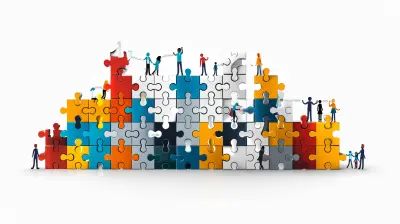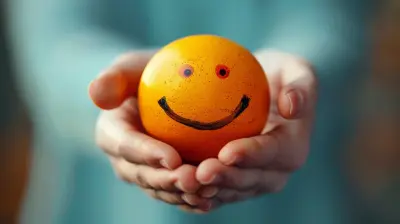How Early Friendships Shape a Child's Social World
16 October 2025
Have you ever stopped to think about how the simplest bonds children form—those giggles on the playground or hand-in-hand walks to class—can echo throughout their entire lives? Early friendships aren’t just adorable photo ops or stories adults reminisce about later. These first little connections are the building blocks of a child’s social world. They help shape how kids view themselves, relate to others, and respond to social situations well into adulthood.
Let’s unpack how these tiny buds of friendship grow into the roots of emotional intelligence, confidence, and long-lasting social skills.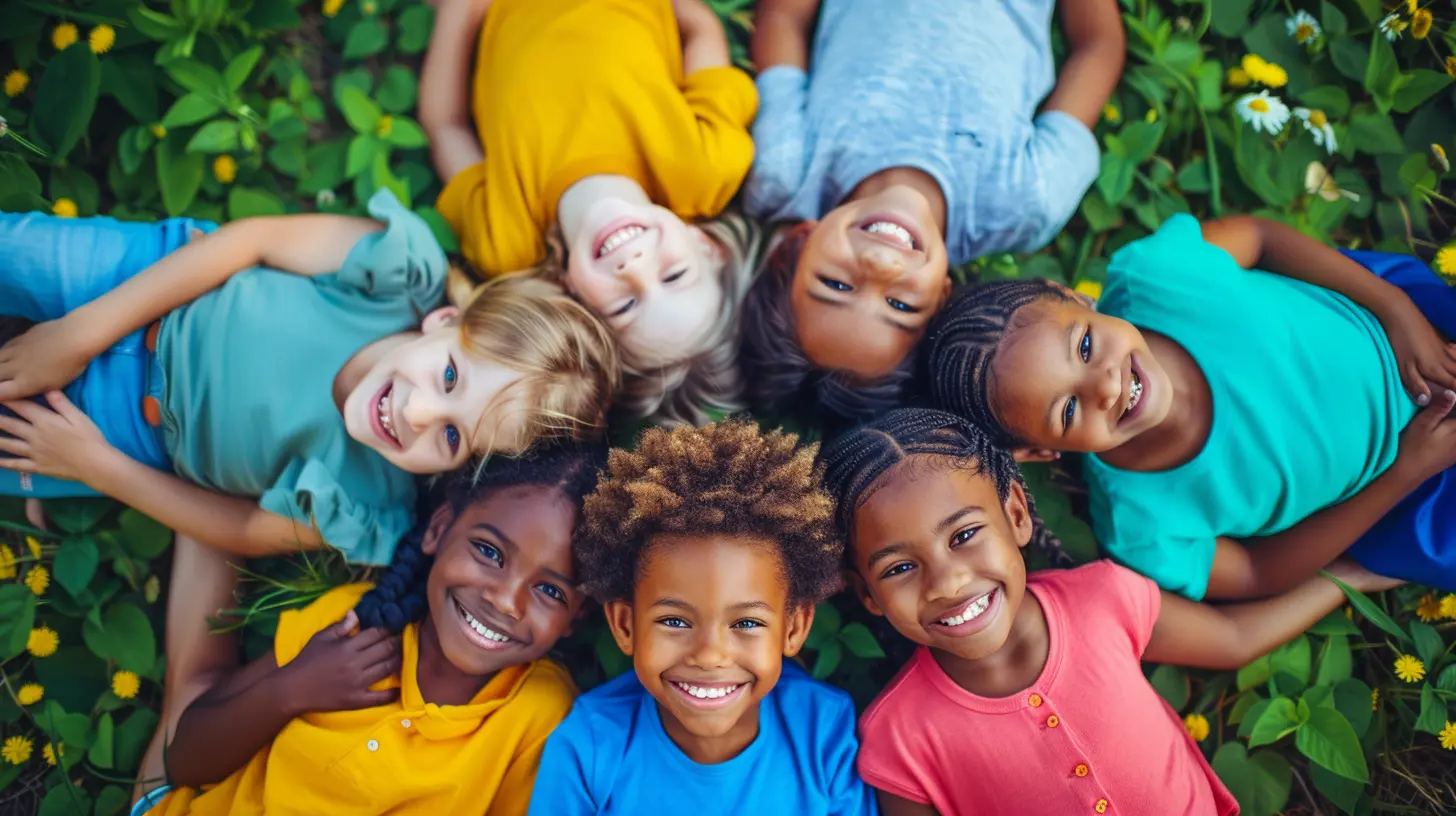
The Power of a Playground Buddy
It all begins somewhere—usually in the sandbox, at daycare, or in kindergarten. A shared toy, a little hand offered during a stumble, or just sitting next to each other in quiet curiosity. Those early, seemingly small gestures are anything but insignificant.Children may not yet know the concept of loyalty, empathy, or trust, but they’re experiencing it all the same. Research shows that even toddlers have a sense of fairness and can form preferences for certain friends. These early preferences are the first brushstrokes in painting a child’s emotional and social world.
Think of it like this: friendships in childhood are like training wheels. They help kids balance their way through the emotional rollercoaster of life.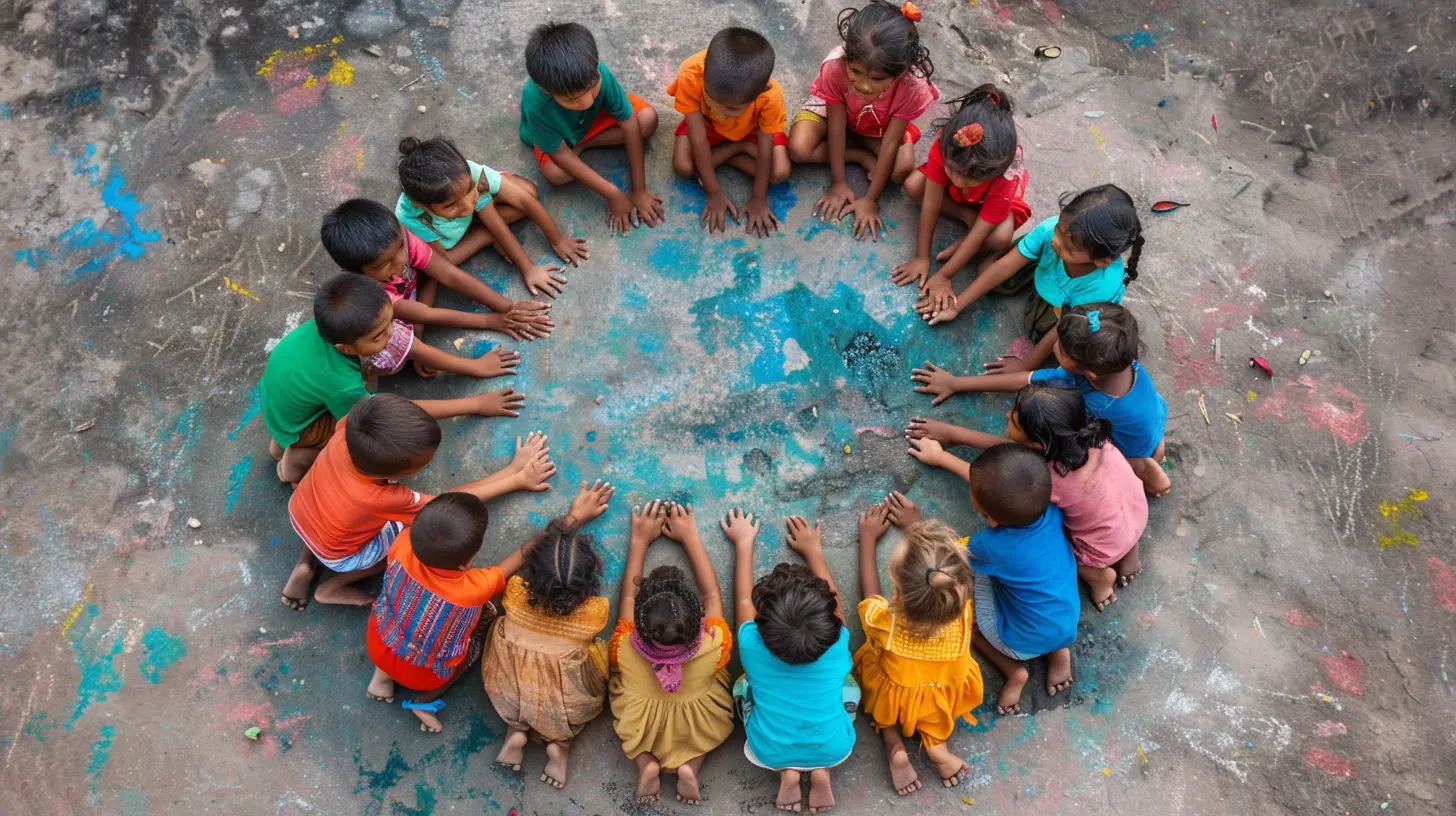
Why Friendships Matter in Early Development
Imagine trying to learn a new language without ever hearing it spoken around you. That’s what social development is like without peer interaction. Through early friendships, children learn the "language" of emotions, communication, and, most importantly—connection.1. Emotional Regulation
Ever seen a kid scream in frustration one moment and laugh with a friend the next? That’s not just mood swings—it’s emotional learning in action. Being around peers teaches children how to manage feelings like anger, jealousy, or sadness and replace them with skills like patience, kindness, and compromise.2. Conflict Resolution
Conflicts during playtime—who gets the red crayon or whose turn it is—can feel monumental to a child. But each “fight” is actually a mini-lesson in problem-solving. Kids learn how to express themselves, listen to others, and negotiate outcomes. That’s a skill they’ll take with them into adulthood and into relationships, careers, and community life.3. Empathy and Understanding
When a little one comforts a friend who’s crying or shares a toy without being asked, they’re not just being nice. They’re building empathy, and empathy is the golden thread of all social interaction. Early friendships are often where kids first encounter emotions outside of their own, helping them recognize and respond to others’ feelings.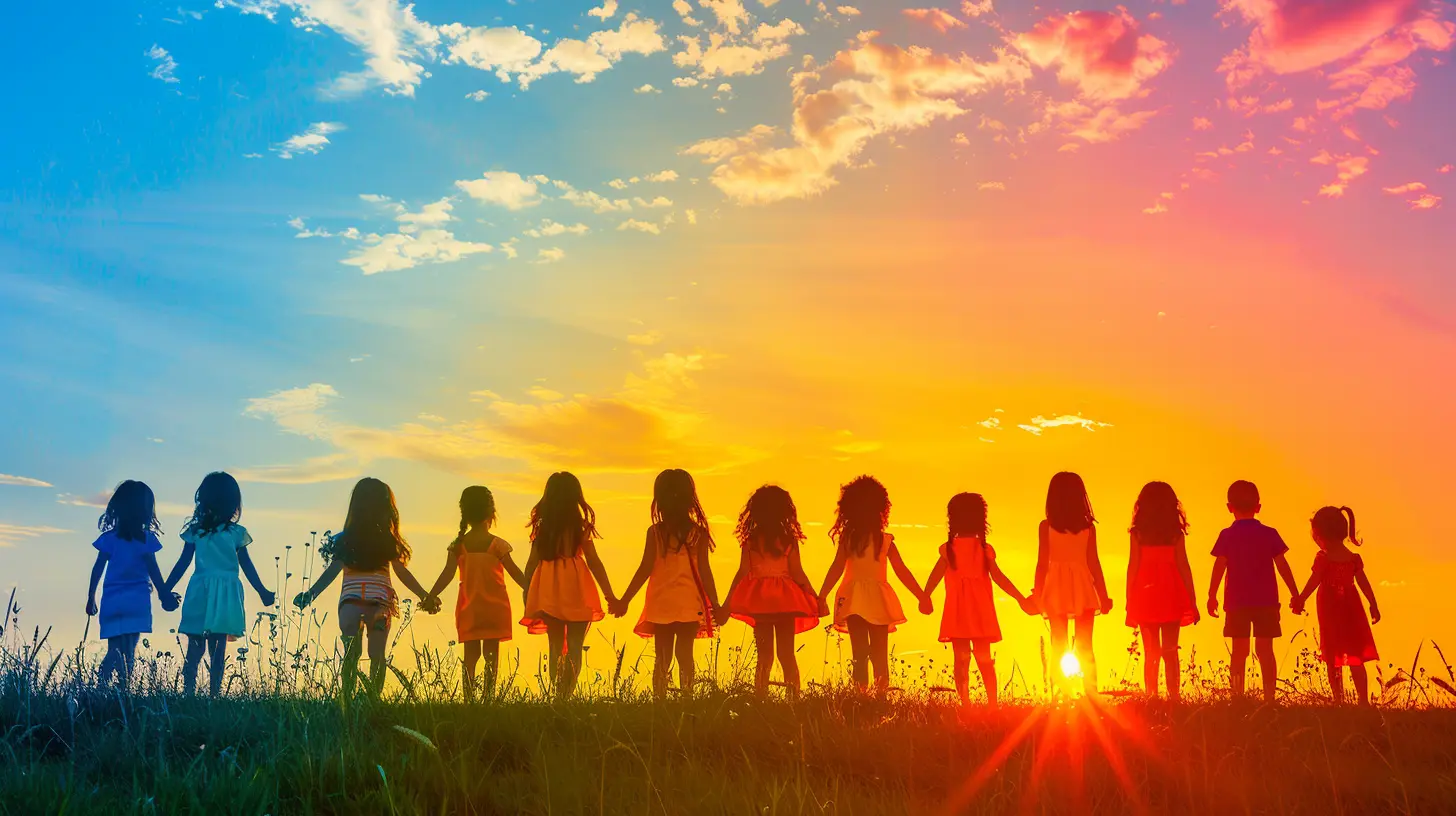
Friends as Mirrors: Self-Identity and Confidence
You know that phrase “You are who you hang out with”? Well, for kids, this runs even deeper. Friends reflect back parts of a child they might not see themselves. Getting a laugh from a friend tells a child, “Hey, I’m funny!” Being included in a game? “I’m wanted.” Being chosen as a partner? “I’m valuable.”These signals shape a child’s self-identity. A shy child might begin to speak up because a friend listens. A bold child might learn to take a step back and share the spotlight. Early friendships teach kids who they are—sometimes more effectively than adults can.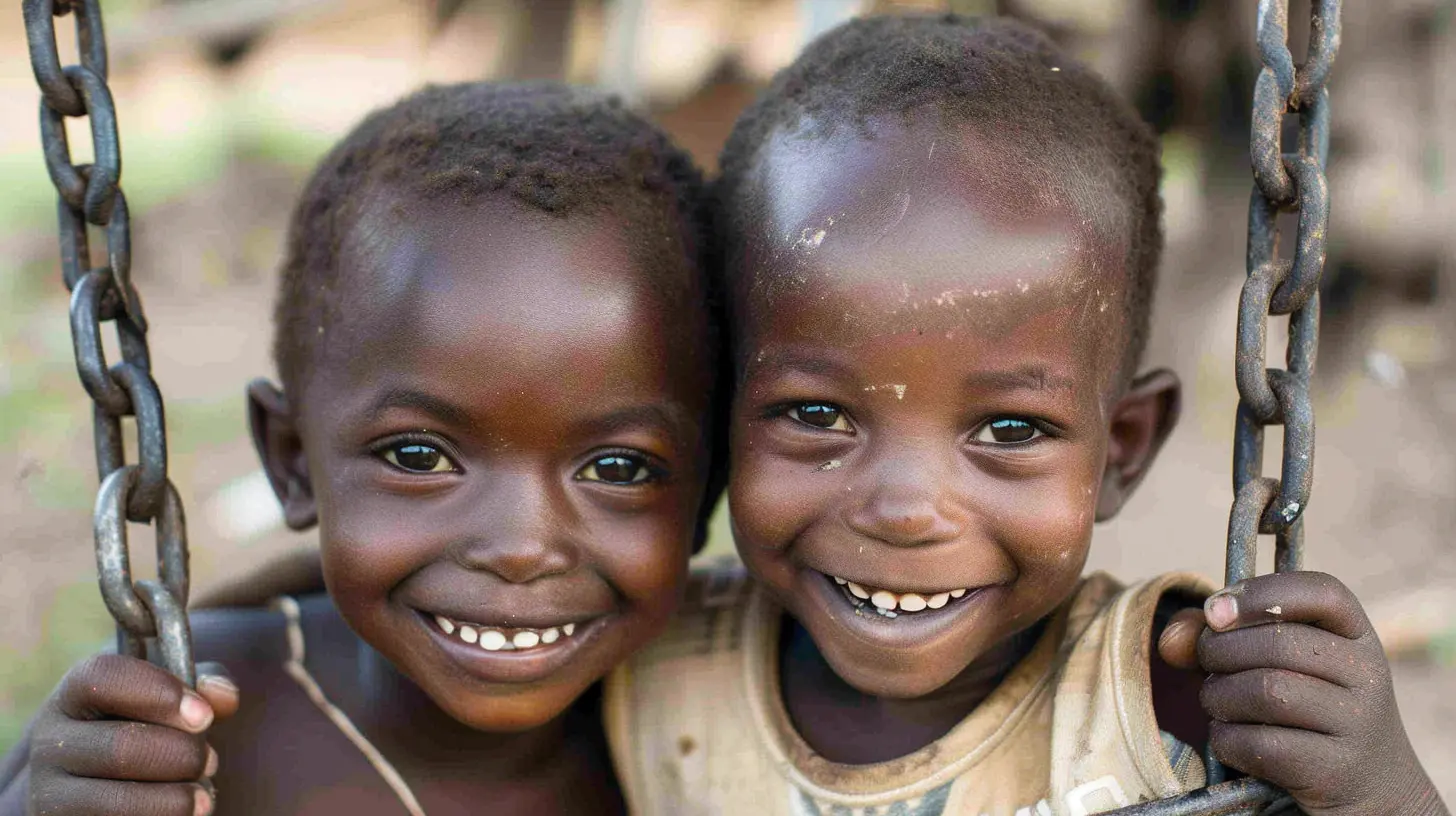
The Role of Imagination and Play
Let’s not overlook how crucial play is in the friendship-making process. When kids create imaginary worlds together, they’re collaborating, inventing rules, taking turns at being in charge, and more importantly—they're learning how to see things from another’s point of view.Playing “house,” “pirates,” or pretending to be superheroes might look like just fun and games, but it’s also serious work in social intelligence. Through role-play, kids experiment with emotions, roles, and relationships—without even realizing it.
Long-Term Impact: How Childhood Friendships Echo in Adulthood
Let’s fast forward a bit. The child who learned to navigate feelings with friends at five? They’re more likely to become the adult who can handle workplace drama without falling apart or who builds meaningful romantic relationships with empathy and understanding.Studies have consistently linked strong early peer relationships with better mental health, academic success, and lower rates of anxiety and depression later in life. The skills kids gain from childhood friendships—like cooperation, empathy, and emotional resilience—are like invisible armor guiding them through all of life’s social landscapes.
What Happens When Early Friendships Are Missing?
Not every child finds it easy to make friends, and that’s okay—but it does matter. Children who struggle with friendships early on may find social situations more intimidating as they grow older. Loneliness in childhood can sometimes lead to poor self-esteem, behavioral issues, or difficulty forming connections later in life.Does that mean all hope is lost? Not at all. With the right support—from parents, caregivers, or teachers—kids can still build those skills over time. Early intervention, social skills training, and creating opportunities for peer interaction can make a world of difference.
How Parents and Educators Can Support Early Friendship Building
So, how can we help kids form these all-important connections? It’s not about pushing them into playdates or micromanaging every interaction. It’s about creating the right environment and gently guiding them.1. Encourage Group Play
Whether it’s sports, arts and crafts, or a simple sandbox session, group activities give children the platform to interact. The more casual and low-pressure the setting, the better.2. Model Healthy Relationships
Kids are always watching. If they see adults resolving conflicts calmly, expressing emotions openly, and showing kindness, they’re more likely to mimic that behavior with peers.3. Discuss Feelings
Normalize talking about emotions. “How did you feel when Mia didn’t want to play today?” This kind of open-ended conversation helps children process social situations and prepares them for future interactions.4. Celebrate Diversity
Teaching kids that friends can come in all shapes, sizes, and backgrounds helps them develop inclusivity and respect. It opens their minds and hearts to form meaningful connections without bias.Navigating Hard Friendship Lessons
Of course, friendships aren’t always sunshine and rainbows. Kids will experience falling outs, jealousy, being left out, or even bullying. These tough moments are painful—but they’re also teachable.Sad as it might be to see a child fight with their best friend, those experiences help them understand boundaries, forgiveness, and personal growth. It’s like building muscle—you can’t get stronger without some resistance.
Support them, guide them through these moments with patience, and remind them that every friendship—good or bad—teaches them something important.
Early Friendships and Gender Roles
Here’s something interesting to chew on: have you ever noticed the difference in how boys and girls typically form friendships? While girls might engage in more emotionally expressive conversations, boys often bond over shared activities or games.These differences aren’t set in stone, but they can influence how children perceive relationships. Encouraging cross-gender friendships and promoting inclusive environments helps break stereotypes and nurtures broader social skills that benefit everyone.
When to Step In and When to Step Back
It’s tempting to jump in and “fix” every social hiccup your child experiences, right? But sometimes, the best thing we can do is step back.Unless there’s bullying or emotional harm involved, give kids a chance to work things out. Peer conflicts are crucial learning opportunities. Think of yourself as a coach, not a referee. Your job isn’t to take over the game—it’s to guide and support from the sidelines.
A Lifelong Gift That Starts Young
At the end of the day, early friendships are about so much more than just having someone to play with. They're where kids learn life’s most important lessons—how to relate, how to care, how to stand up for themselves, and how to form connections that could last a lifetime.So next time you see your child giggling with a friend over something silly or offering a hand to someone new, pause and smile. Because those tiny moments? They’re shaping who your child is becoming in the most beautiful way.
Final Thoughts
Friendships in early childhood create the foundation for emotional intelligence, communication, resilience, and personal identity. They're not just social experiences—they're developmental milestones. And the impact? It lasts far beyond the playground.So let's celebrate the simple magic of early friendships. Let’s nurture them, support them, and recognize the incredible power they hold.
all images in this post were generated using AI tools
Category:
Child DevelopmentAuthor:

Paulina Sanders
Discussion
rate this article
1 comments
Melody Baker
Ah, childhood friendships—where sharing toys and trading snacks lays the groundwork for future debates over Netflix shows and who's hogging the last slice of pizza! Who knew that learning to navigate playground politics would prepare us for adulthood's chaotic social landscape? Just remember, no friend left behind… or without dessert!
November 6, 2025 at 5:28 PM

Paulina Sanders
Absolutely! Childhood friendships truly lay the foundation for future social interactions and conflict resolution. Those early experiences teach valuable skills that last a lifetime.
